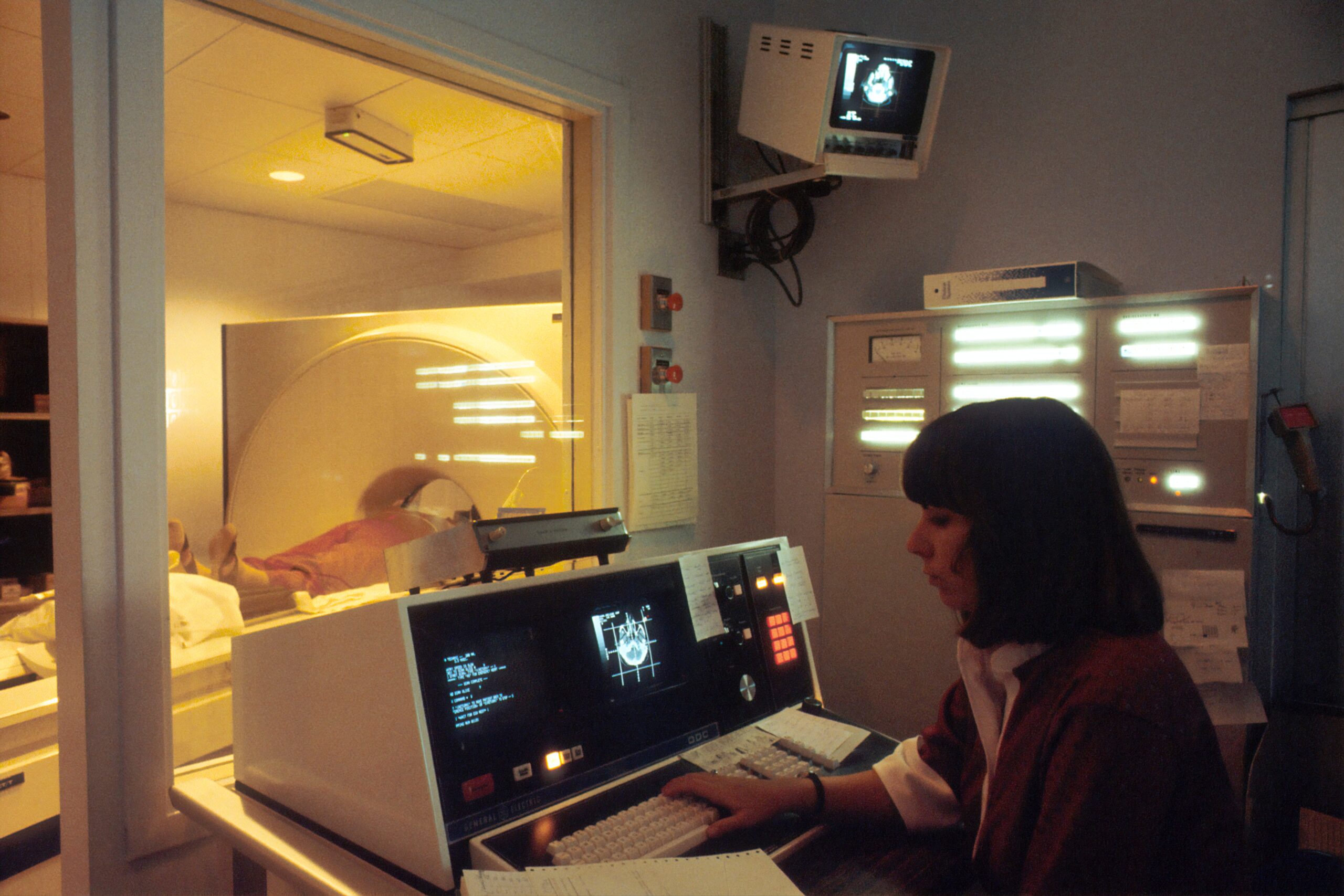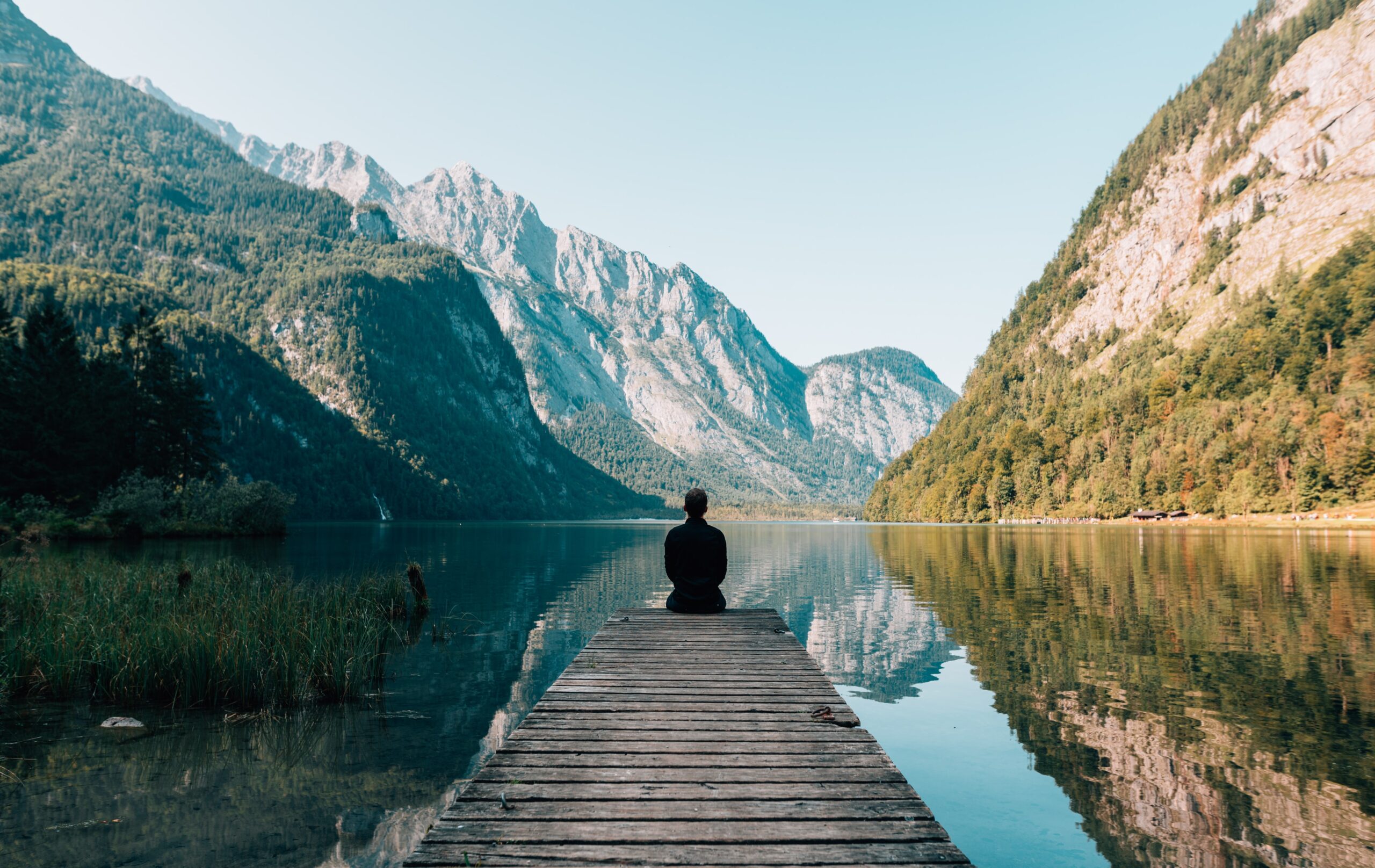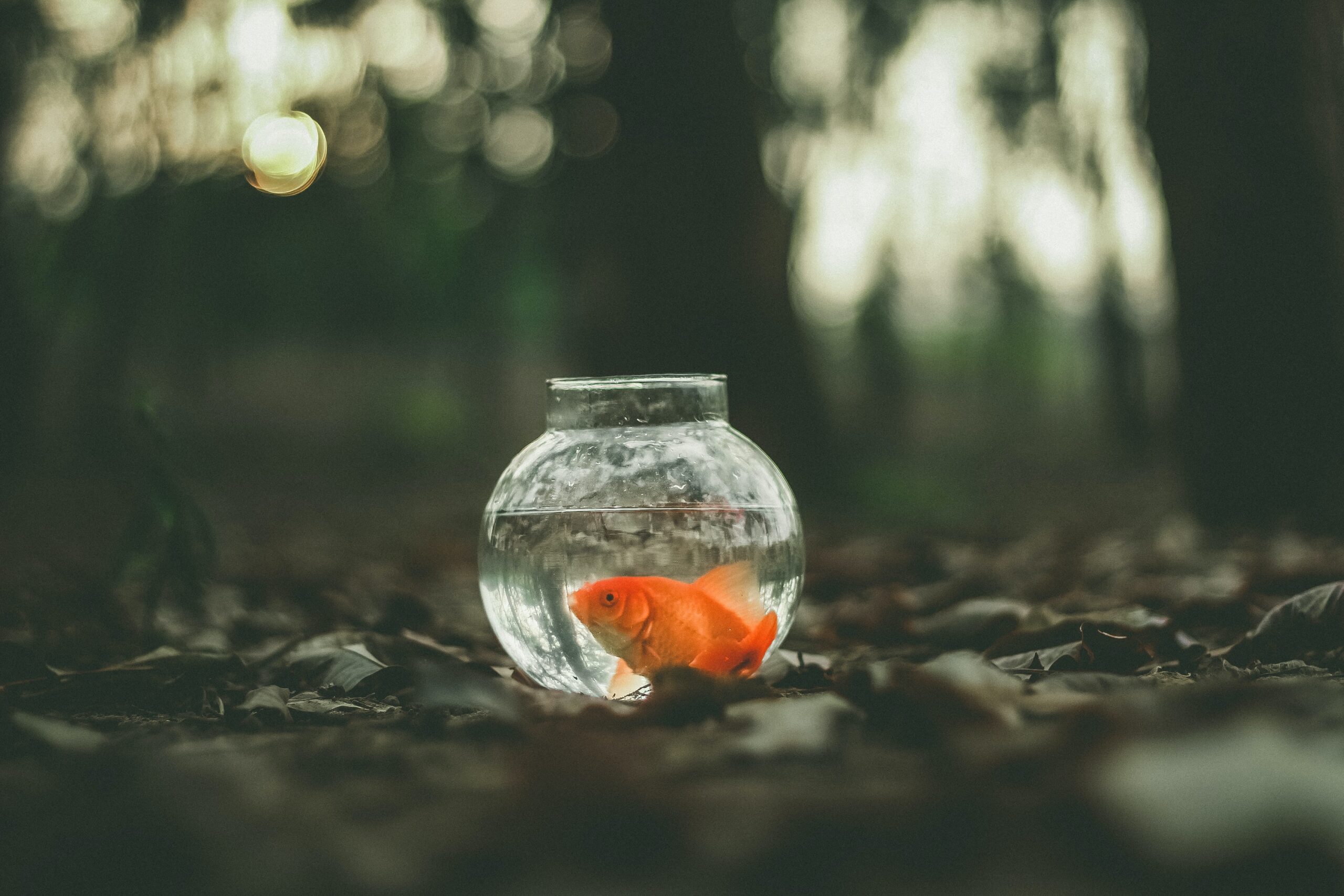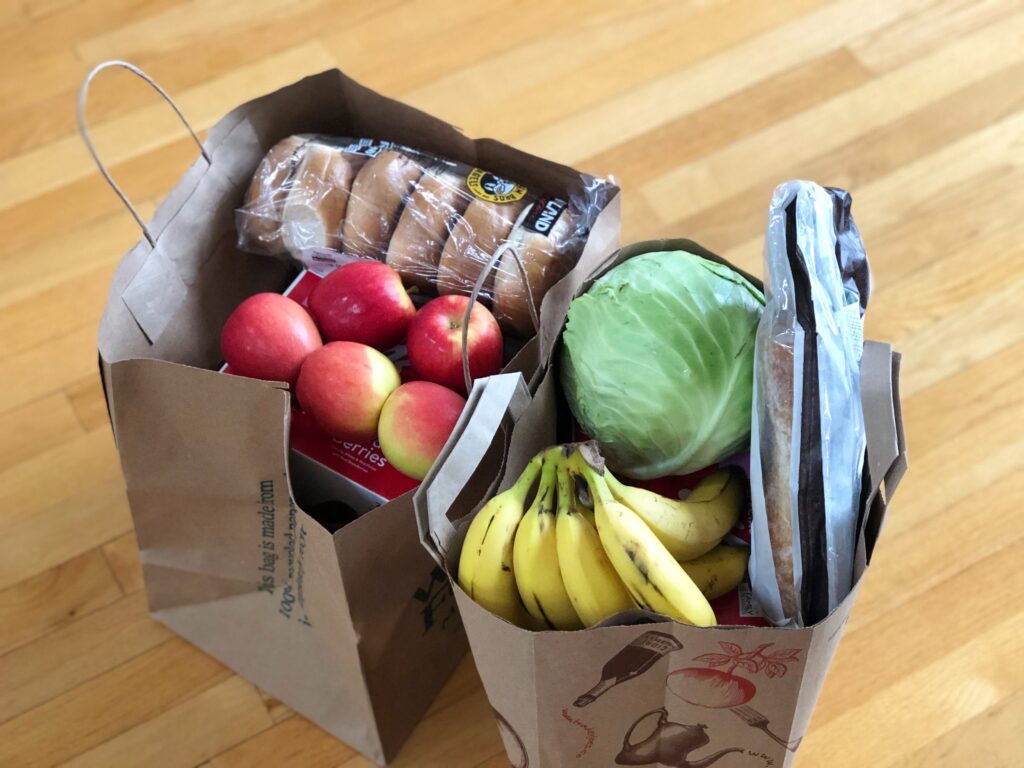6 Ways For Anxious Introverts To Survive Anxiety

Disclaimer: This article contains tips for general advice, it is not a substitute for professional diagnosis.
“The truth is that anxiety is at once a function of biology and philosophy, body and mind, instinct and reason, personality and culture. Even as anxiety is experienced at a spiritual and psychological level, it is scientifically measurable at the molecular level and the physiological level. It is produced by nature and it is produced by nurture. It’s a psychological phenomenon and a sociological phenomenon. In computer terms, it’s both a hardware problem (I’m wired badly) and a software problem (I run faulty logic programs that make me think anxious thoughts).”
(Scott Stossel, “My Age of Anxiety”)
Anxiety is a familiar human emotion. It helps us to evaluate potential threats, alert us to things that are potentially hazardous and enable us to give an appropriate response to them which include focusing our attention and accelerating our reflexes. However, when one experiences anxiety in an overwhelming dosage, one will find that the daily functioning can be affected.
Psych2goers, anxiety is a key element in a number of specific disorders, even though not everything is considered as anxiety disorders. This includes generalized anxiety disorder (GAD), panic disorder, social anxiety disorder, specific phobias, obsessive-compulsive disorder (OCD), and post-traumatic stress disorder (PTSD).
Below are some ways that you can incorporate in your life to survive anxiety:
- Self-understanding and learn what triggers your anxiety

You sign up to be a respondent for research in your university. You found yourself inside a Magnetic Resonance Imaging machine. Suddenly you feel extremely suffocated, you feel like your heart is being squeezed into a tight knot, you hyperventilate, and sweat runs down the side of your face profusely.
Psych2goers, do you know gaining an insight into your condition is actually a curative factor within psychodynamic treatments? Psychodynamic theory states that when you possess a higher level of self-understanding, you will have fewer negative automatic reactions to stress and challenges, greater positive emotional experiences, and more freedom to choose adaptive interpersonal and health-related behaviours (Lemma et al., 2013).
Know that different people have different manifestations of anxiety. People can be anxious due to different things, perhaps you have excessive worry that other people are judging you, maybe you feel you experience excessive worry while being outside, or you can feel your heart is beating wildly while you are inside a very small space. Learning what triggers your anxiety and what symptoms you experience is really helpful in dealing with anxiety effectively (Washington & Raypole, 2021).
2. Challenge your negative thoughts
“Hi, Marcus!” you wave your hand excitedly towards your new classmate.
“Marcus” scowls and says, “I’m not Marcus, I’m Martin.”
“Hmm, okay this is awkward and embarrassing. Why does Martin scowl though? He must be very mad at me. He does not want to be my friend anymore. I have the memory of a goldfish,” you think to yourself.
Have you ever found yourself making a small social blunder? Perhaps you say something, in which for you, it is not offensive or rude; but for another person that you talk to, it’s considered as offensive? Maybe you laugh, sneeze or cough at the wrong time. Or maybe you spill something on yourself.
Now, it’s important for you to recognize your thought process. You can list down your negative thoughts in your journal. Like for the situation above, where you call your friend with the wrong name, consider the following questions and how you might answer them (Washington & Raypole, 2021):
- What makes me believe I have said something awkward and embarrassing?
Martin scowled at me.
- How many times have I spent with other people and called them by their right name?
More than I can count.
- What’s the worst that could happen? Why am I so afraid of this?
I want Martin to like me, not think I’m weird or socially awkward.
- Have you ever heard someone say something silly or call people by the wrong name in public? What is your response?
I felt bad for them, but they laughed it off and no one seemed to care.
- What would you tell a friend worrying about the same thing?
People like you or they won’t. Making a mistake probably won’t affect their opinion overall.
3. Take a timeout

Psych2goers, if you feel overwhelmed and on edge, you can always distract yourself with your hobbies and other beneficial activities. Take a timeout and practice meditation and learn relaxation techniques (Anxiety and Depression Association of America, n.d.).
And do you know about one variation in Cognitive Behavioural Therapy known as Mindfulness Behavioural Therapy (MBT)? Vollestad et al. (2012) has conducted reviews of studies about MBT and found out this treatment modality has a strong positive effect upon mood and symptoms of people with anxiety disorders. According to a report entitled “Living with anxiety: understanding the role and impact of anxiety in our lives” published by Mental Health Foundation in conjunction with Mental Health Awareness Week in 2014, we can think of mindfulness as “trying to imagine your negative thoughts that come into your mind are coming from a loud radio that is tuned to a station where the thoughts are very negative and seem to be shouting at you. Being mindful is not so much about trying to turn the radio off, but changing the way you listen to the radio. In this way the volume of the radio station can be reduced, and therefore seem less disruptive and distressing.”
4. Practice acts of kindness
There is an elderly lady living alone in the next-door apartment. Her husband passed away 1 year ago, and her children are living far away from her. You are going out for a grocery errand, so you offer to pick up groceries for her too.
According to a study done by Trew & Alden in 2015, 115 college students who have social anxiety were asked to perform little acts of kindness for 4 weeks. The result demonstrated that performing small acts of kindness is useful in decreasing the urge to avoid social situations.
Do you know, people with anxiety, (commonly people with social anxiety) have fear of rejection? They have some degree of fear when they are in certain social situations or when they interact with people. The association between kindness and social anxiety may not be entirely apparent, however when you ponder upon it, it can make a lot of sense. Say, you’ve offered yourself to help your neighbour to pick up her groceries, she would most probably have positive feelings toward you, rather than having the negative ones. When you earn this approval regularly, you may find that your fears around social situations gradually lessen, and you are able to interact with other people better (Washington & Raypole, 2021).
5. Practice sleep hygiene and get enough sleep

You find that lately you have trouble sleeping. You try to change your habits by making sure you avoid scrolling through your phone or using any devices 1 hour before your sleeping time. Instead, you replace the habits with reading books, self-reflecting, meditating, or simply writing in your journal.
People with anxiety normally have a continuous stream of thoughts. They often ruminate about negative events and some even have a very loud inner world that they themselves are unable to shut them off. This will often be amplified if you are an introvert. This will consequently make it more difficult to fall asleep and stay asleep through the night. When you are sleep deprived, your anxiety can be worsened and cause you to be stuck in a negative cycle of insomnia. Therefore, it is highly advisable to practice sleep hygiene, such as making your bed more comfortable, remove sources that can affect your sleep quality like light and noise, and avoid caffeine and alcohol in the afternoon and evening (Sleep Foundation, n.d.).
6. Try to keep active
Every morning, you start your day by brisk walking around the park near your house. You found that it is a good way to start your morning and get your mind ready before work.
Sport England stated that when a person takes part in physical activity and sport, it can effectively reduce depression, anxiety, psychological distress, and emotional disturbance. Physical exercise, when it is done in low to moderate intensity, can reduce anxiety and have both short and long-term positive impacts on psychological health. Moreover, participating in sport and spectating can affect wellbeing and happiness of youth effectively (ONS, 2014).
Final thoughts
“A person cannot just simply decide not to be anxious anymore.” (Anxiety Care UK)
Psych2goers, if you find that your anxiety is severely affecting your daily functioning and causing a strife in your interpersonal relationship, it is highly advisable for you to seek professional help from licensed mental health providers. They are able to give you appropriate guidance on how to manage your life, live your life to your full potential and not be limited by the fear of anxiety.
REFERENCES
Anxiety and Depression Association of America. (n.d.). Tips to manage anxiety and stress. Tips to Manage Anxiety and Stress | Anxiety and Depression Association of America, ADAA. Retrieved September 27, 2021, from https://adaa.org/tips.
Lemma, A., Target, M., & Fonagy, P. (2013). Dynamic interpersonal therapy(DIT): developing a new psychodynamic intervention for the treatment of depression. Psychoanal Inq 2013; 33:552–566
Mental Health Foundation UK. (n.d.). Living with anxiety: understanding the role and impact of anxiety in our lives. Mental Health Foundation UK . Retrieved September 27, 2021, from https://www.mentalhealth.org.uk/sites/default/files/living-with-anxiety-report.pdf.
Suni, E., & Dimitriu , A. (2020, December 10). Anxiety and sleep. Sleep Foundation. Retrieved September 27, 2021, from https://www.sleepfoundation.org/mental-health/anxiety-and-sleep.
Swift, P., Cyhlarova, E., Goldie , I., &; O’Sullivan , C. (2014). Living with Anxiety: Understanding the role and impact of anxiety in our lives. Mental Health Foundation UK. Retrieved September 27, 2021, from https://www.mentalhealth.org.uk/sites/default/files/living-with-anxiety-report.pdf.
Trew, J. L., & Alden, L. E. (2015, June 5). Kindness reduces avoidance goals in socially anxious individuals. Motivation and Emotion. Retrieved September 27, 2021, from https://rd.springer.com/article/10.1007/s11031-015-9499-5.
Washington, N., &; Raypole , C. (2021, May 26). How to get over social anxiety: 9 expert-backed tips. Healthline. Retrieved September 27, 2021, from https://www.healthline.com/health/anxiety/how-to-get-over-social-anxiety.






Responses